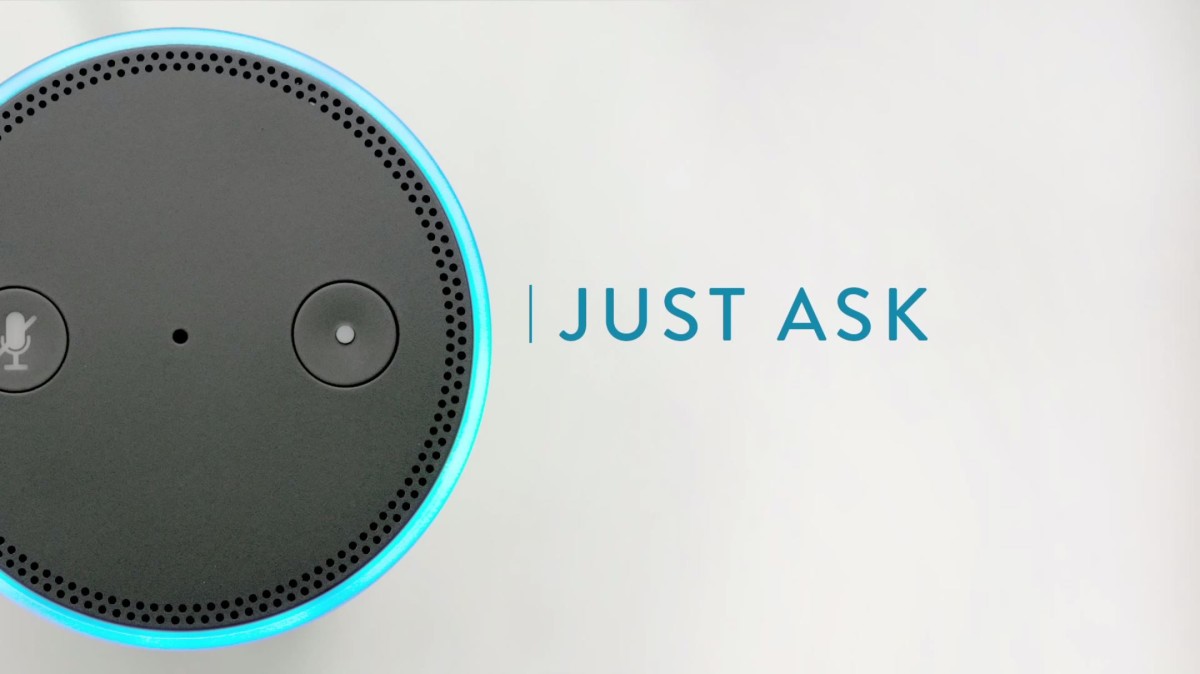 There’s no denying the conveniences that technology provides in our lives. There’s streaming services, social networking, voice assistants, and smart devices that are truly great. All of this often comes at low dollar cost or sometimes even for free. There are trade offs of smart device privacy that you should be aware of though.
There’s no denying the conveniences that technology provides in our lives. There’s streaming services, social networking, voice assistants, and smart devices that are truly great. All of this often comes at low dollar cost or sometimes even for free. There are trade offs of smart device privacy that you should be aware of though.
What’s the real cost?
This often comes down to how companies make their money. Do they make their money from selling devices or services directly to you, or are they basically (or totally) giving it away and making money from data tracking for advertising or selling info about you? Or maybe its a combination of these.
Vizio stormed into the TV market by selling TVs at very low prices. It surfaced that they accomplished this in part by selling people’s viewing data to other businesses. Its well known that Google and Facebook make money by ads layered into their free services. While Google looks to be trying to fix privacy issues, Facebook keeps getting their hands slapped for their cavalier use of data including detailed user data that was shared with their ‘partners’. Recently we learned that Amazon provides employees with scripts of users interactions with their Alexa voice assistant. While this makes sense to improve the service, we don’t know how securely they treat these scripts.
What can you do?
You should educate yourself on what the privacy cost is for your favourite tech. Then it’s up to you if you want to take advantage of devices or services without paying the real monetary cost of these. By carrying around a smartphone, we’re giving usage data to the smartphone manufacture and our mobile carrier. Often we’re happy to make this trade off for the features and convenience of smartphones. Apple is making a push to point out their privacy policy. Great, but you should read it and make sure it aligns with your privacy goals.
You can also turn off certain features. For example, you can turn off Apple’s Siri voice assistant from always listening (but then you can’t just say, “Siri…” when you want help). Similarly, you can set Alexa to not always listen and instead require pushing a button to get Amazon’s voice assistant on their devices. Of course, disabling these make voice assistants less useful.
You can also use a tool to track them track you. For example, Princeton has created a tool to track smart devices in your home. Its a worthwhile exercise if you have concerns.
Are they keeping your data safe?
Unfortunately even with your best research, you may not know that some companies aren’t up to speed yet. Even a giant like Facebook (yes, yet again) recently admitted to having a bunch of user passwords in plain text – readable by anyone in the company (or a hacker) and not digitally scrambled. The good news is that reputable companies are stepping up. Also governments are starting to provide privacy requirements like GDPR to help keep their citizens digitally safe. (Hopefully Facebook will finally get the memo after so many missteps!)
These’s no blanket right or wrong answer for everyone
Smart device privacy might be the top priority for some. For others, they’re happy to give away personal or aggregate information to get great services on the cheap. Just remember that you’re paying one way or the other. With some research or getting help from an expert, you can find your balance of tech nirvana and privacy.
